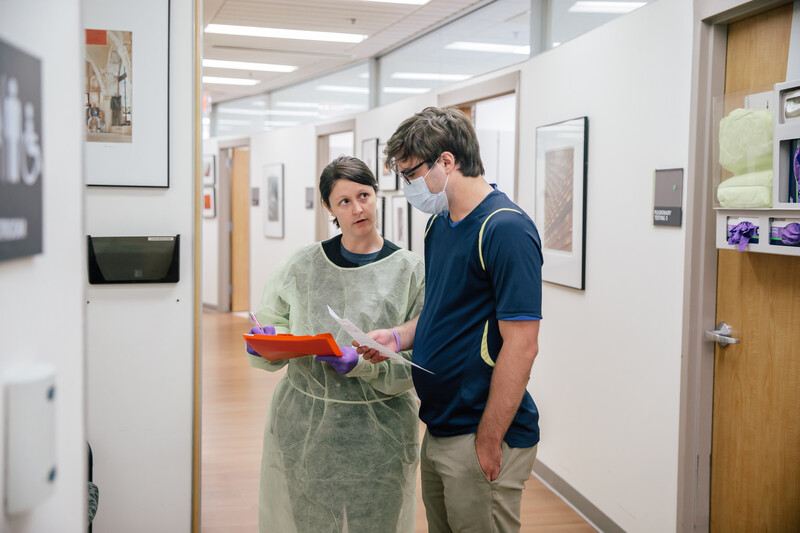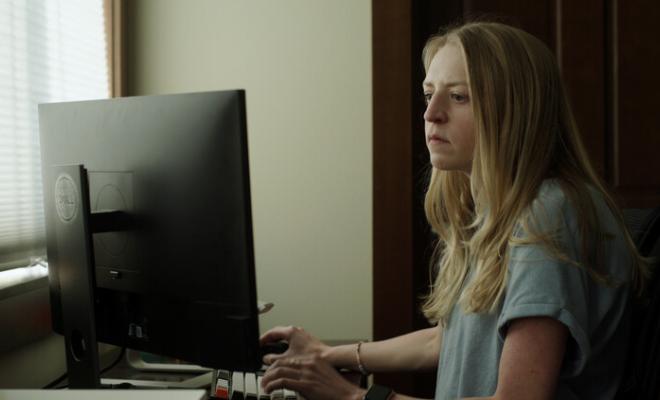During a colonoscopy, the
What to Expect Immediately After the Exam
After your colonoscopy, you will be monitored in a recovery area until most of the effects of the sedatives have worn off. You might feel some cramping or bloating because of the air introduced into the
Prior to your colonoscopy, you will need to arrange for someone you know to drive you home after the procedure. Even though you will be awake when you leave, the medications you are given during the procedure can impair your judgment and reflexes for the rest of the day.
“You will need a ride home, which means an actual person must meet you in the office/waiting area. Because the sedatives they give you during the exam affect everyone differently, the hospital will not let you take a cab, Uber, or Lyft home to ensure yoursafety .” — Amy Braid, an adult with CF, from the CF Community Blog
You should be able to go back to your normal diet after the exam, but your doctor may recommend that you stay away from certain foods and activities -- especially if a polyp is removed. Talk to your colonoscopist and cystic fibrosis care team to discuss the right post-exam plan for you.
What Happens If They Find a Polyp?
Most polyps are noncancerous, and the type of polyp may be identified during a colonoscopy.
If the laboratory does find any cancerous polyps during the analysis, however, you will begin to work with an oncologist, colorectal surgeon, and your CF care team to discuss the role of further imaging to stage the
Once the cancer has been staged, your team will work with you to discuss your treatment options, which may include surgery, chemotherapy, radiation, immunotherapy, and pain management, such as palliative care.
The American Society of Clinical Oncology offers a list of questions to ask your health care team to help you better understand your diagnosis, treatment plan, and overall care.


